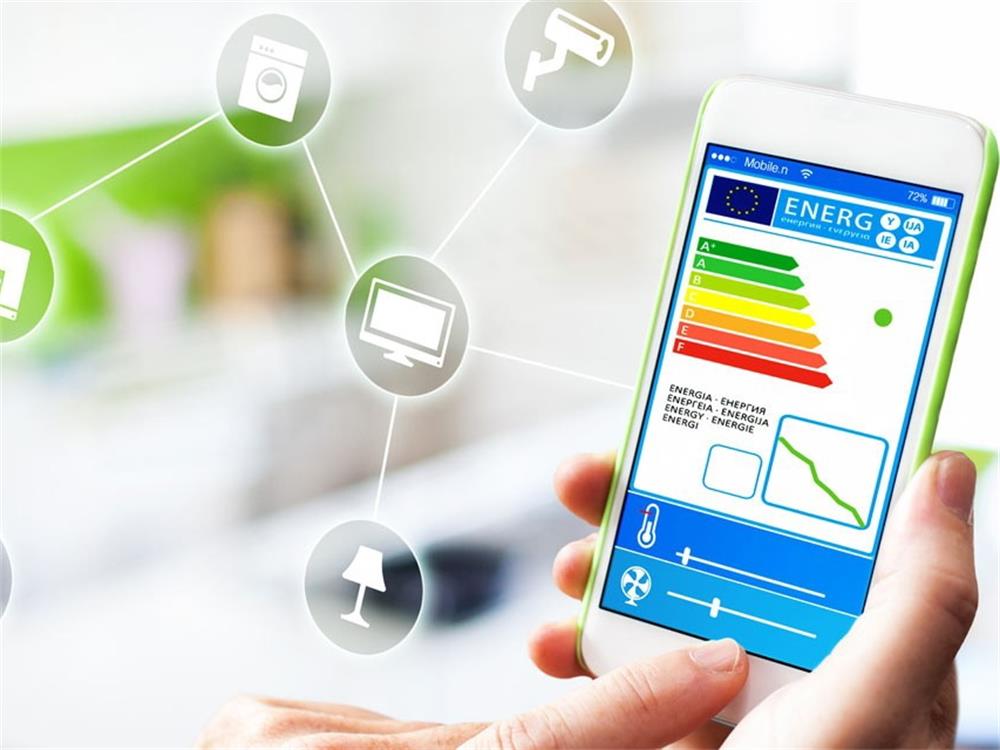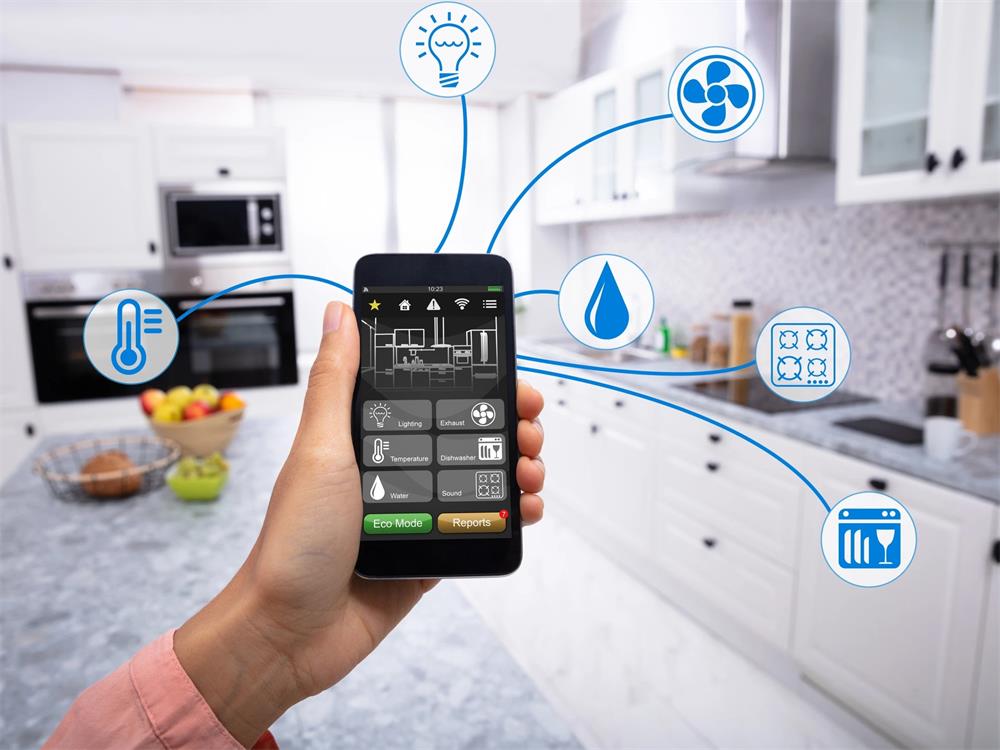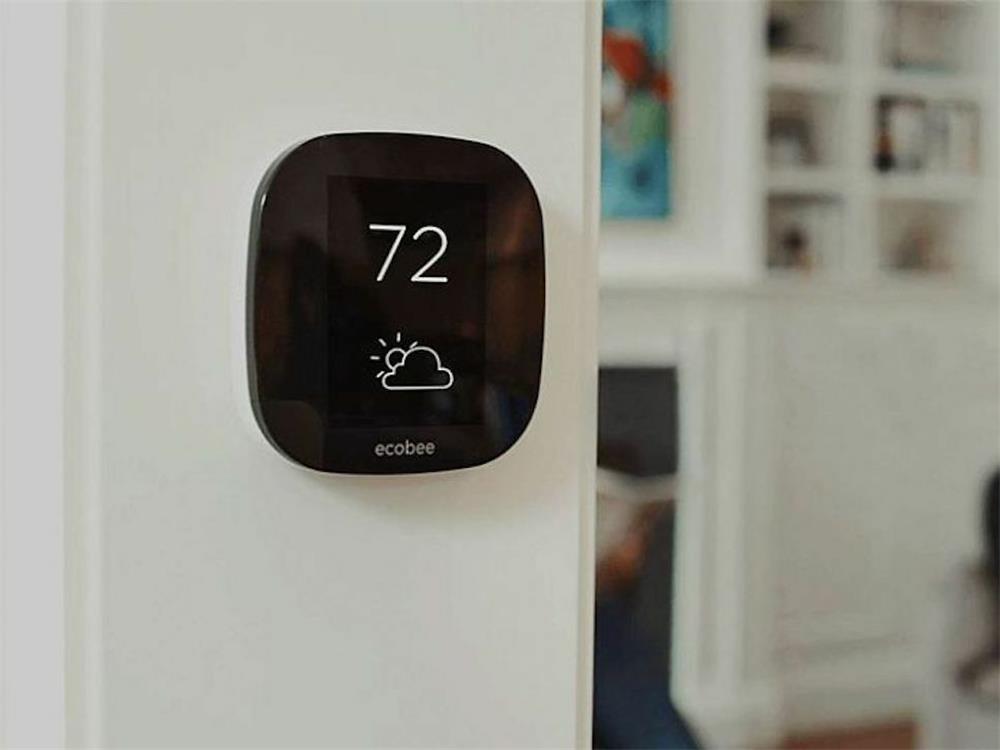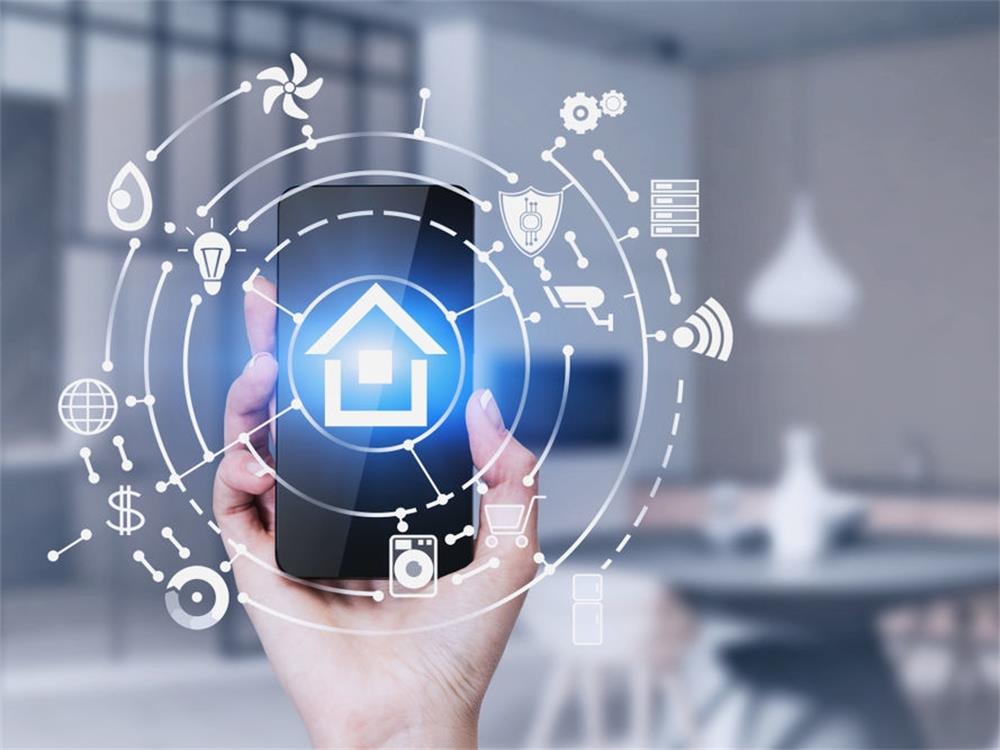As people age, they may need some support to live independently and safely in their own homes. Smart home devices can offer a range of benefits for older adults and their caregivers, such as convenience, security, comfort, and social connection. In this article, we will review some of the best smart home devices for elderly care and assistance, based on their features, functionality, and customer reviews. We will also highlight the pros and cons of each device, as well as the price and availability.
Smart Door Locks
Smart door locks allow you to lock and unlock your door remotely using your smartphone or voice assistant. They can also grant temporary or permanent access to guests, family members, or caregivers, without the need for physical keys. Some smart door locks can also detect when you are near the door and unlock automatically, or lock when you leave.
One of the best smart door locks for elderly care and assistance is the Yale Assure Lock SL with Wi-Fi. This device works with Alexa, Google Assistant, and Siri, and lets you control your door from anywhere using the Yale Access app. You can also create up to 250 unique PIN codes for different users, and track who comes and goes with a 24/7 activity log. The Yale Assure Lock SL has a sleek touchscreen keypad that illuminates when touched, and a backup battery terminal in case of a power outage.
Pros:
- Easy to install and use
- Compatible with most voice assistants and smart platforms
- Allows remote access and user management
- Has a backup battery terminal
Cons:
- Requires a Wi-Fi bridge (included) to connect to the internet
- Expensive compared to other smart locks
- Some users reported connectivity issues
Price: $299
Availability: Amazon, Yale
Medical Alert Devices
Medical alert devices are wearable gadgets that can detect emergencies such as falls, heart attacks, or strokes, and alert a professional monitoring service or a designated contact. They can also allow the user to call for help manually by pressing a button or using voice commands. Medical alert devices can provide peace of mind for older adults who live alone or have chronic conditions, as well as their caregivers.
One of the best medical alert devices for elderly care and assistance is the GreatCall Lively Mobile Plus. This device is a waterproof pendant that can be worn around the neck or clipped to a belt. It has a built-in GPS and cellular connection, so it can work anywhere with coverage. It also has a fall detection feature that automatically calls the 24/7 monitoring center if it senses a fall. The GreatCall Lively Mobile Plus works with Alexa, and lets you check your device status, battery level, and location using voice commands.
Pros:
- Waterproof and durable
- Has GPS and cellular connection
- Has fall detection feature
- Works with Alexa
Cons:
- Requires a monthly subscription fee ($24.99 to $39.99)
- Battery life is only 24 hours
- Some users reported false alarms or poor customer service
Price: $49.99 (device) + $24.99 to $39.99 (monthly fee)
Availability: Amazon, GreatCall
Automated Lighting
Automated lighting can make it easier and safer for older adults to control their lights without having to reach for switches or cords. They can also help create routines, moods, and schedules for different times of the day or night. Automated lighting can be achieved by using smart light bulbs, smart light switches, or smart plugs that connect to your smartphone or voice assistant.
One of the best-automated lighting devices for elderly care and assistance is the Wyze Bulb Color. This device is a smart LED light bulb that can change colors, brightness, temperature, and scenes using the Wyze app or voice commands. You can also set schedules, timers, triggers, and automation for your lights based on your preferences or needs. The Wyze Bulb Color works with Alexa and Google Assistant, and does not require a hub to connect to Wi-Fi.
Pros:
- Affordable and energy-efficient
- Offers 16 million colors and adjustable white light
- Allows customization and automation of lighting
- Works with Alexa and Google Assistant
Cons:
- Requires an E26 socket to fit
- Does not work with dimmer switches
- Some users reported connectivity or reliability issues
Price: $34.99 (pack of 4)
Availability: Amazon, Wyze
Motion Sensors
Motion sensors are smart devices that can detect movement in your home and trigger actions or alerts accordingly. They can help older adults who live alone by monitoring their activity levels, detecting falls or accidents, or turning on lights or appliances when they enter a room. They can also help caregivers by notifying them of any unusual or suspicious activity in their loved ones’ homes.
One of the best motion sensors for elderly care and assistance is the Vayyar Care. This device is a wall-mounted sensor that uses radio waves to monitor movement, breathing, posture, and falls in your home. It does not require cameras, wearables, or buttons, and respects your privacy. It also works with Alexa Together, a subscription service that offers 24/7 professional monitoring and emergency response. The Vayyar Care can send alerts to your smartphone or voice assistant if it detects a fall, a change in breathing, or a lack of movement.
Pros:
- Non-invasive and privacy-friendly
- Can monitor multiple rooms and people
- Can detect falls, breathing, posture, and movement
- Works with Alexa Together
Cons:
- Requires a subscription fee ($19.99 per month or $199 per year)
- Requires an Echo device to work with Alexa Together
- Expensive compared to other motion sensors
Price: $250 (device) + $19.99 per month or $199 per year (subscription fee)
Availability: Amazon, Vayyar
Conclusion
Smart home devices can offer many benefits for elderly care and assistance, such as convenience, security, comfort, and social connection. However, they also have some drawbacks, such as cost, compatibility, reliability, and privacy. Therefore, it is important to consider your needs, preferences, and budget before choosing the best smart home devices for your situation. We hope this article has helped you find some of the best smart home devices for elderly care and assistance available in the market today.










